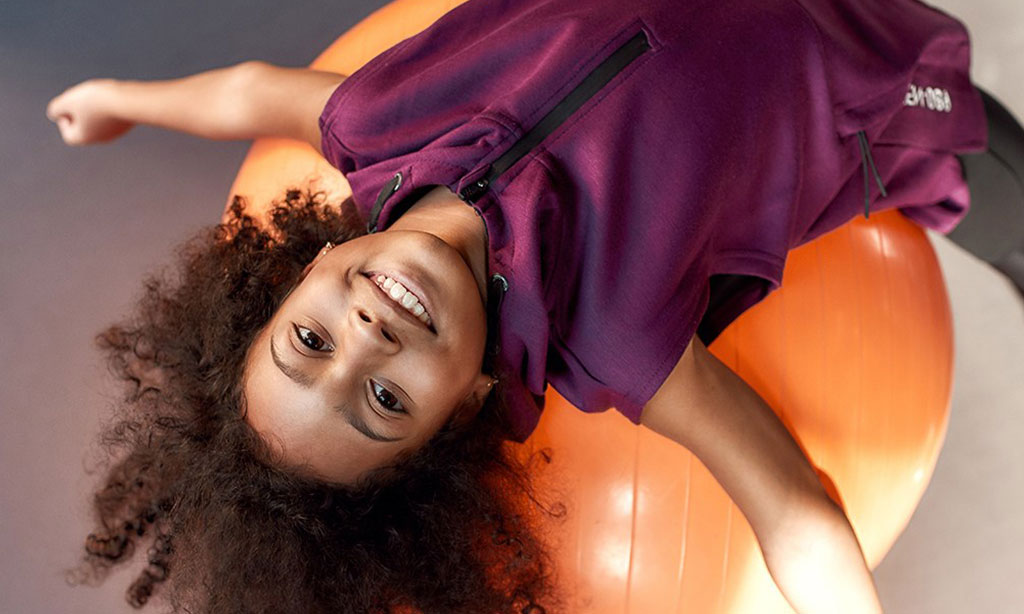7 Social Benefits of Exercise for Children

Exercise helps children build the social skills that they need to get through life’s ups and downs. And, the more active that they are, the better those skills!
For starters, parents need to teach the importance of exercise to children, even if there’s a promise of a reward at the end. When exercise is taught now, then social skills will improve and children will learn to handle situations – good or bad.
Here are seven ways that exercise can develop strong social skills in children, besides transforming their physical wellbeing.
IMPROVES MENTAL HEALTH
“A healthy mind is considered part of a healthy body,” says Tonia Zimmerman, a physical education teacher at Writinity and Last Minute Writing. “When children do exercises every single day, it flushes out the negative energy and stress, and has them feel uplifted afterwards; and it helps them get a grip on their mental health. In this way, they’ll know how to manage stress and stay on track in their lives.” This is especially important during the pandemic.
HELPS GAIN MORE CONFIDENCE
Taking on the world requires a lot of confidence; and children need confidence to succeed in the world.
Exercising is a great way for children to step outside their comfort zone (or at least step outside the boundaries of their house and school) early on in their lives. Not only does this prepare them mentally for anything that comes their way in the future, but it also helps them do well around peers, crowds, and or public events and errands.
It’s important to keep up this confidence. These days, everyone’s talking about what they’re going to do after the pandemic. Deciding to work towards a goal that will get you out of your comfort zone, like going on an extended hike or signing up for a charity walk/run when this is all over will help motivate you to keep working towards it until things get back to normal.
ALLOWS SELF-AUTHORITY TO FLOURISH
Self-authority allows children to explore their intellect and abilities. And, when a child exercises, it promotes self-authority to where creative freedom is abundant. Although you shouldn’t leave your child unattended to let them explore the world and their skills on their own, you as the parent should still be there to respond to any questions or concerns that they might have about something.
If you do a form of exercise like yoga together, let your child think about what makes sense and choose the next move. Let them choose which sport you will do today. Encourage them to listen to their body and work on a muscle group they feel needs to be worked on, or a form of exercise that hasn’t been done in a while. Let them suggest creative ways to keep fit.
HELPS THEM STAY STRONG AND EMPATHETIC
Children with strong leadership and empathy toward others are more likely to care about other people’s health and wellbeing than those who lack both.
When your child exercises, it promotes these kinds of growth and can make them more empowered, and eventually, inspire others around them to be the same way. This is an especially great way for children to make a difference, when they’re strong and healthy in leadership and empathy.
BUILDS A SENSE OF BELONGING
Children want to belong to something and not be left out on anything. Some children just want to work and or play independently, while others want to be able to make friends with everyone around them.
When children participate in sports, for example, they get a sense of belonging because they feel like they’re part of a team and they can contribute something to that team. Building on their sense of belonging will help them in similar situations later in life, such as working for a company and doing their part in a team environment, or when doing a group project for school.
BETTER COMMUNICATION
“In life, you have to communicate with people,” says Matthew Reed, a fitness blogger at Draft Beyond and Researchpapersuk. “The same is true for any sports team because team players have to communicate with each other to get to a certain goal and win the game. Regardless of any skill level or age, children have to practice good communication skills by doing athletic activities like sports.”
No doubt you are spending more time together than ever before during the pandemic. This is a great time to work on communication in general and in sports. For example, try asking your child to pass the ball to you in different ways when you’re playing together. You can even try playing without any communication to show why it is so important.
BETTER COOPERATION
Every sport has a set of rules. In soccer, you are not allowed to touch the ball with your hands. In basketball, a player who has the ball must dribble if they are moving their feet. If you are looking to teach your child obedience, signing them up for a sports team may be a great move. It is also worth mentioning that all sports have a set of unwritten rules that are primarily in regards to fair play. An excellent example of this would be in soccer when a player on the field gets injured, you are supposed to kick the ball out of bounds.
If your child usually participates in a sport at school, it’s likely they can’t do this at the moment. But, perhaps your child’s team could meet up online. Whether or not your child is currently involved on a team, take this opportunity to form a team with them. Whether you’re playing with them or doing some chores, try making some rules and sticking to them, like tidying up the books before the toys, or obeying the rules of a workout or board game.
CONCLUSION
Although further research is needed to get a better understanding of how social skills and behaviors are benefited by exercise, there is already clear evidence that points to such results. Not only does exercise give children healthy bodies, but it also gives them the best social skills possible that will benefit them in the long-run.

